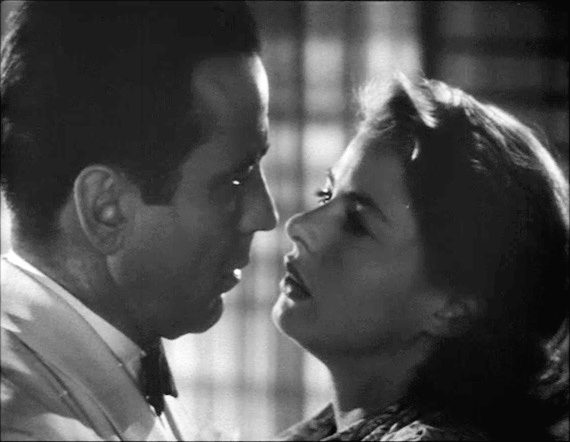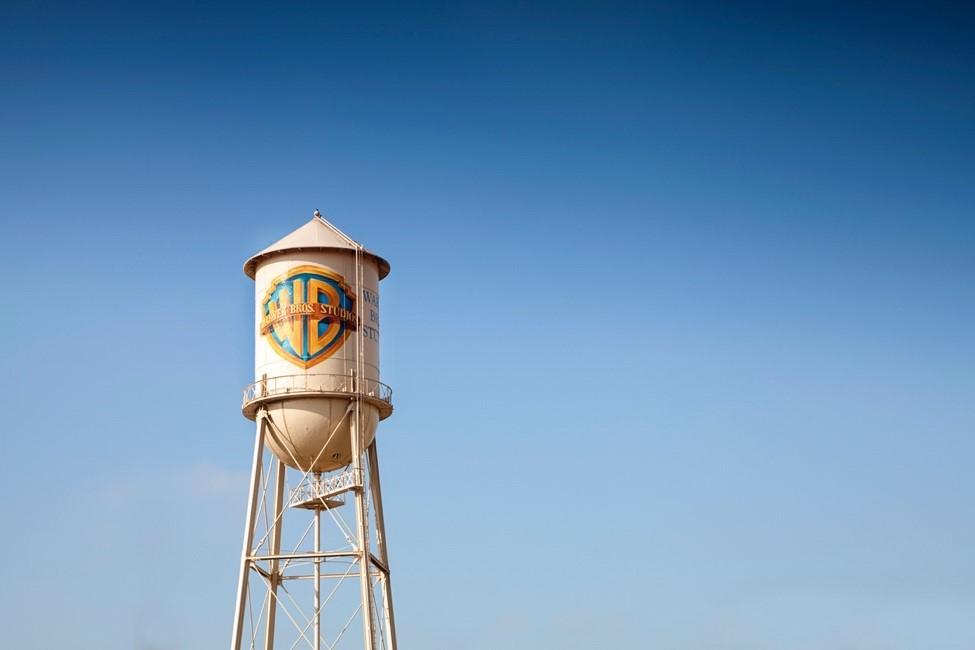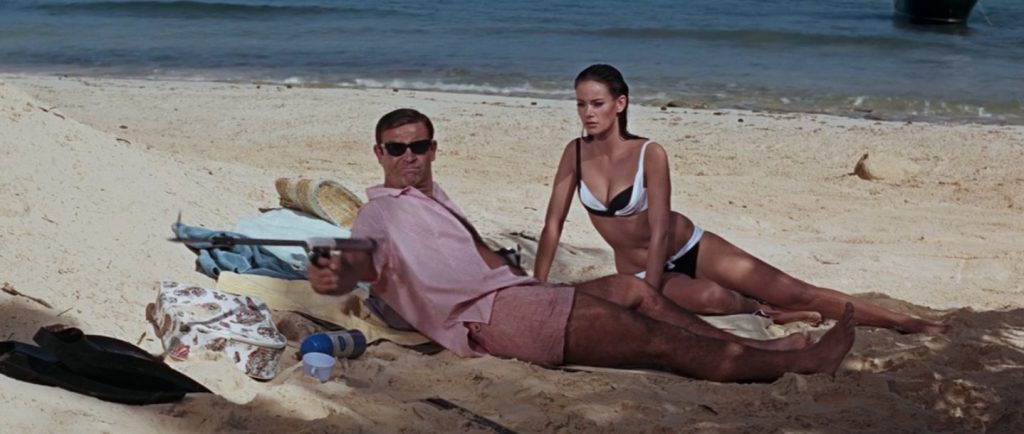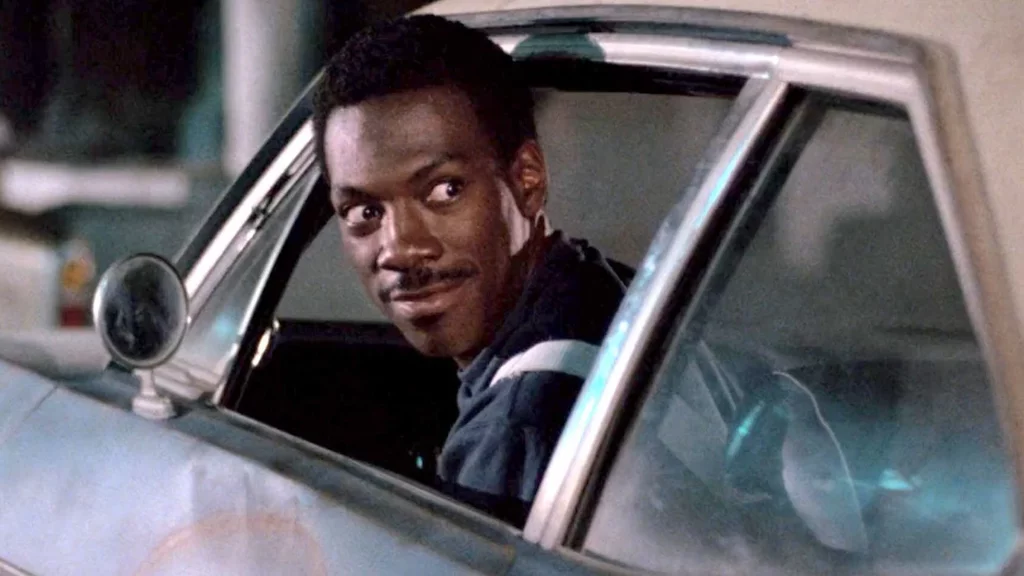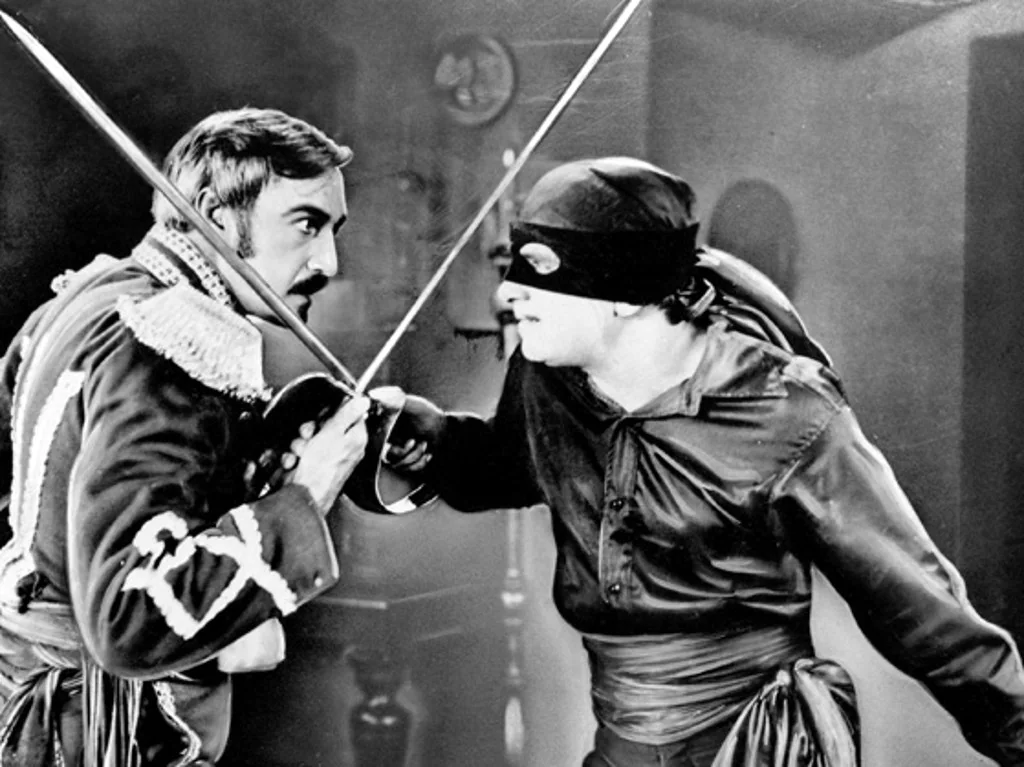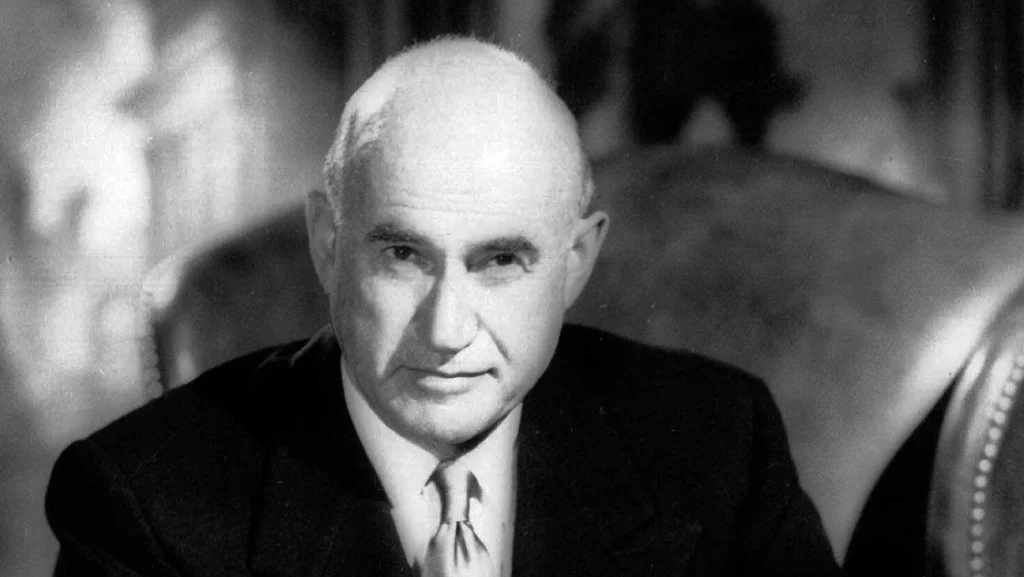CASABLANCA is one of the most iconic Hollywood films ever made, but when it premiered in New York on Nov. 26, 1942, no one thought much of it.
Ingrid Bergman hadn’t wanted to play Ilsa opposite Humphrey Bogart’s Rick. She really was in love with the idea of playing Maria opposite Gary Cooper in Paramount’s FOR WHOM THE BELL TOLLS. She got the role — but she’s remembered for CASABLANCA.
Bogart didn’t like CASABLANCA and told Orson Welles during production, “I’m in the worst picture I’ve ever been in.”
Paul Henried was unhappy Selznick International loaned him to WB to play Victor Lazlo. He’d just starred with Bette Davis in NOW, VOYAGER and felt playing a secondary role would hurt his romantic lead status.
CASABLANCA was based on a 1940 unproduced play, EVERYBODY COMES TO RICK’S by Murray Burnett & Joan Alison. At MGM, Louis B. Mayer vetoed buying the movie rights for $5,000. It was read at WB Dec. 8, 1941, a day after Japan bombed Pearl Harbor, and story editor Irene Lee pushed Jack Warner to okay paying $20,000 for it. Studios suddenly needed pictures with patriotic themes. Two weeks later, producer Hal Wallis moved ahead, changing the title to echo WB’s exotic 1938 hit ALGIERS.
Composer Max Steiner hated the song “As Time Goes By,” which Burnett loved, that came from the 1931 Broadway musical EVERYBODY’S WELCOME. Steiner wanted to write his own song, but Bergman’s hair had already been cut short for BELL TOLLS, so her scenes couldn’t be reshot with Dooley Wilson, who actually was a drummer pretending to play the piano.
“Time” wasn’t eligible for an Oscar nom, but WB didn’t expect awards for CASABLANCA. It won, of course, in March 1944 for director (Michael Curtiz), adapted screenplay (Julius & Philip Epstein and Howard Koch) & best picture. When the big win was announced, Jack Warner rushed onstage with what Wallis called “a broad, flashing smile and a look of great self-satisfaction. I couldn’t believe it was happening. CASABLANCA had been my creation. Jack had absolutely nothing to do with it. As the audience gasped, I tried to get out of the row of seats and into the aisle, but the entire Warner family sat blocking me.”
Best picture wasn’t the night’s last award in 1944. Four acting wins followed as did the honorary Thalberg Award — which went to Wallis, his second one. Stories broke the next day about a Wallis/Warner rivalry. A month later, Warner ended Wallis’ contract and he went into independent production — with hits like Dean Martin & Jerry Lewis comedies, Elvis Presley movies & John Wayne’s TRUE GRIT.


